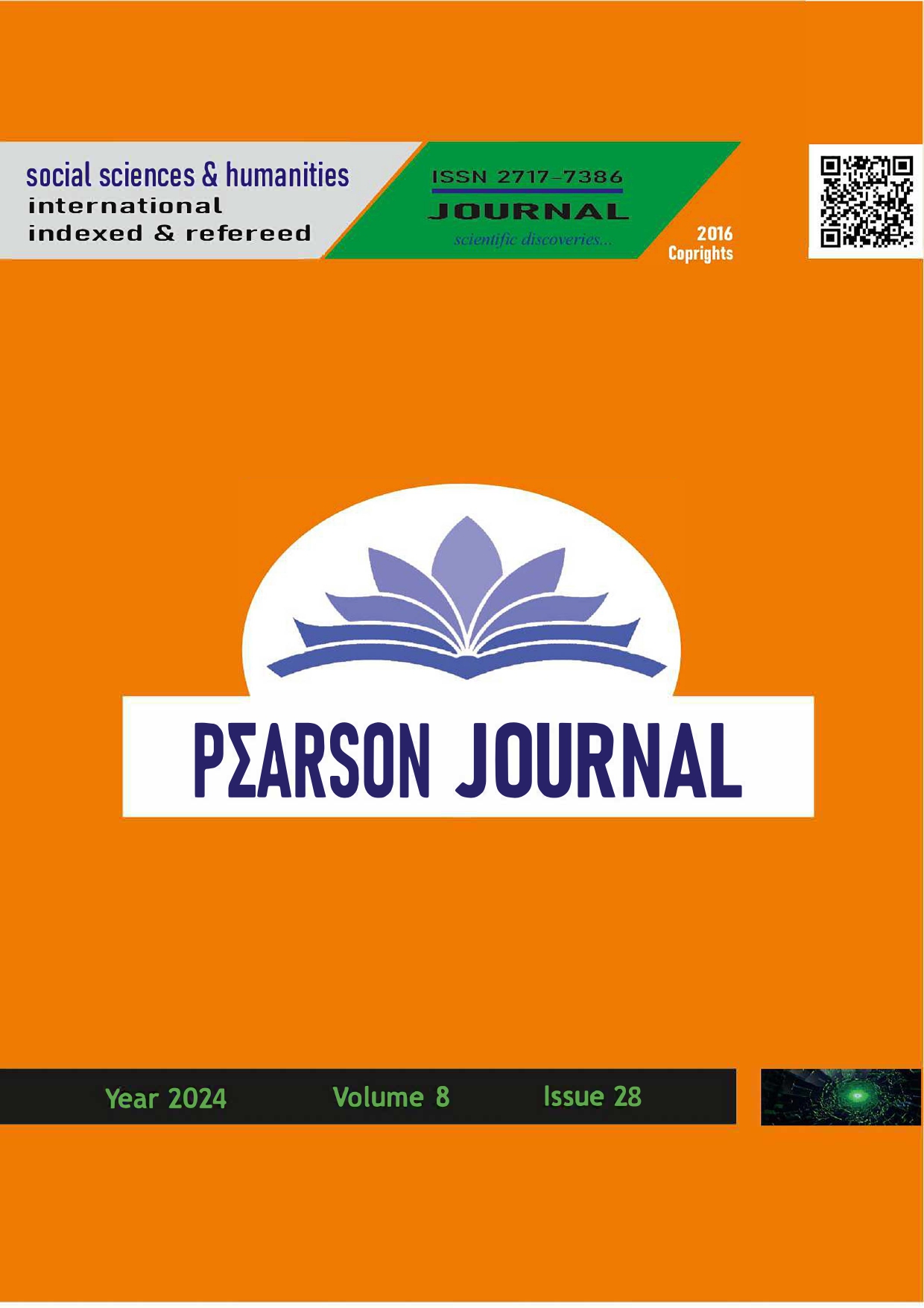An Attempt to Analyze Ümit Yaşar Oğuzcan's Poem "Galata Tower" from a Psychoanalytic Perspective
DOI:
https://doi.org/10.5281/zenodo.11626206Keywords:
Literature-psychology, Ümit Yaşar Oğuzcan, Galata Kulesi, PsychoanalysisAbstract
The fields of literature and psychology have become increasingly important from the early 20th century to the present. According to the psychoanalyst theory, which argues that the source of the artist's act of creation is the subconscious, the data of psychoanalysis are used to explain the artist's personality as well as the literary work he wrote. In this context, some traces of the artist's life and past, the social and political developments, conditions, fear, anxiety, etc. hidden in his spiritual identity. Elements that evoke negative emotions such as the effect on the act of creation, which is a psychological activity, and the reflection of the artist's language and style on the literary text are important in terms of examination. When Turkish literature is analyzed from a psychoanalytic perspective, one of the artists suitable for this analysis is Ümit Yaşar Oğuzcan. Oğuzcan, one of the well-known poets of modern Turkish poetry, wrote his poems without adhering to any literary movement and maintained this stance throughout his artistic life. The poet, who resorts to life experiences and memories rather than dreams in his poems, has brought his feelings and style to the agenda of poetry. This attitude, which the artist displays in his poems and the events he has experienced throughout his life, pushes him to interpret and express the studies. When Oğuzcan's poems are examined, it is observed that human perception is actually a reflection of a psychological background. From this perspective, the study examined within the framework of the artist-work relationship includes examining and interpreting Ümit Yaşar Oğuzcan's poem "Galata Tower" from a psychoanalytical perspective, in line with the theoretical determinations of psychoanalysts such as Sigmund Freud, Jacques Lacan and Rollo May.
References
Homer, S. (2013). Jacques Lacan. (Çev. Abdurrahman Aydın), Ankara: Phoenix Yayınevi.
Kaplan, M. (2008). Şiir Tahlilleri 2 (Cumhuriyet Devri Türk Şiiri). İstanbul: Dergâh Yayınları.
Kolcu, A. İ. (2015). Edebiyat Kuramları. Erzurum: Salkımsöğüt Yayınevi.
Kotan, A. (2018). Ümit Yaşar Oğuzcan’ın Hayatı, Şairliği ve Şiirlerindeki Temalar Üzerine Bir İnceleme. Yayımlanmamış Yüksek Lisans Tezi. Ankara: Yıldırım Beyazıt Üniversitesi, Sosyal Bilimler Enstitüsü.
May, R. (2013). Yaratma Cesareti. (Çev. Alper Oysal). İstanbul: Metis Yayınları.
MORAN, B. (2006). Edebiyat Kuramları ve Eleştiri. İstanbul: İletişim Yayınları.
Necatigil, B. (2002). Edebiyatımızda İsimler Sözlüğü. İstanbul: Varlık Yayınları.
Oğuzcan, Ü. Y. (2020). Şiir Denizi-2. İstanbul: Everest Yayınları.
Özodaşık, M. (2001). Modern İnsanın Yalnızlığı. Konya: Çizgi Kitabevi.
Tura, S. M. (2012). Freud’dan Lacan’a Psikanaliz. İstanbul: Kanat Kitap.
Downloads
Published
How to Cite
Issue
Section
License
Copyright (c) 2024 PEARSON JOURNAL

This work is licensed under a Creative Commons Attribution 4.0 International License.



